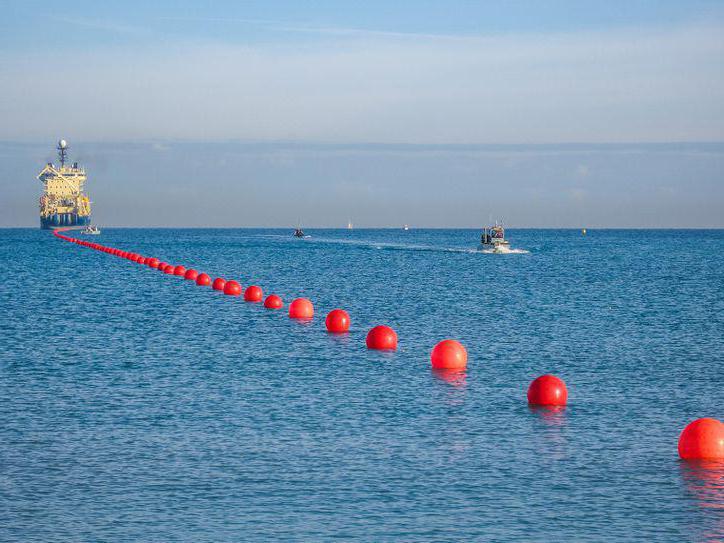Facebook says it expects the 2Africa cable system to connect 3 billion people when it goes into service in 2023.
A Facebook-backed consortium of tech companies has announced an extension to a subsea cable system it’s developing that is set to be the longest of its kind, at a length of 45,000 kilometers. The 2Africa cable, first announced by Facebook in 2020 as linking Europe and Africa, will now also extend out from Africa to serve the Middle East and India when it goes live in 2023, the consortium said Tuesday.
The expansion of the 2Africa project comes hot on the heels of Facebook and Google’s announcement last month that they would work together on a subsea cable project in the Asia-Pacific region to begin service in 2024. Facebook’s involvement in laying subsea cables is part of its global infrastructure commitments, designed to deliver faster and more reliable internet to different regions of the world — especially those that are currently disconnected.
Facebook’s vice president of networking infrastructure, Kevin Salvadori, said in a blog post on Tuesday that the consortium, which also includes carriers Vodafone and Orange, expects the 2Africa cable network to provide connectivity to 3 billion people, or about 36% of the world’s population.
The 2Africa cable system was originally designed to from the UK all around the African continent, before heading up the Suez Canal and back into the Mediterranean Sea to Spain, spanning 37,000 kilometers. But the extension, named 2Africa Pearls, will see the cable follow the Arabian Gulf up to Kuwait, as well as stretching across the Indian Ocean to India and Pakistan.
At the center of the cable system lies Africa, a continent where only a quarter of people are connected to the internet. The 2Africa system will provide three times the current network capacity than all of the subsea cables that serve the continent right now, according to Facebook.
“The past 18 months have highlighted the importance of connectivity as billions of people around the world rely on the internet to work, attend school, and stay connected to people they care about,” Salvadori said. “We continue to invest in subsea cables in Africa and beyond, as communities and businesses flourish when there is widely accessible internet.”













![Hotstar Premium Cookies 2019 [*100% Working & Daily Updated*] Hotstar Premium Cookies 2019 [*100% Working & Daily Updated*]](https://tahav.com/wp-content/uploads/2019/11/Hotstar-Premium-Cookies-Free-100x70.jpg)



